



If you ever find yourself wandering through Panaji,you’ll immediately notice its laid-back charm that feels like a gentle hug after the bustle of bigger cities. The streets hum softly with the rhythm of daily life—rickshaws weaving past pastel-colored Portuguese houses,the distant chime of church bells mingling with the chatter of locals sipping strong,sweet chai at corner cafes. There’s a calmness here,but it’s alive,like the city is quietly inviting you to slow down and soak it all in. Walking along the Mandovi River promenade,the air carries a salty tang mixed with the scent of sizzling Goan spices from nearby stalls. You’ll catch the laughter of children playing and the occasional call of fishermen bringing in their catch,while the sun dips low,painting the sky in shades of orange and pink. It’s the kind of place where you can sit for hours,watching boats drift lazily by,feeling the warm breeze on your skin. Panaji’s soul is a beautiful blend of cultures—Portuguese influences peek out in the architecture and the local cuisine,where you can savor dishes like spicy vindaloo or sweet bebinca that tell stories of centuries-old traditions. The city’s pace encourages you to explore its quaint lanes,discover vibrant markets,and connect with friendly faces who are always ready to share a story or a smile. Visiting Panaji feels less like ticking off a destination and more like stepping into a living,breathing postcard that stays with you long after you leave.
The information on this page is currently being reviewed by Tripkliq and should be used as a guide only
Eng word: Hello
Eng pronunciation: Namaskar
Local language: नमस्कार
Eng word: Goodbye
Eng pronunciation: Aavay
Local language: आवय
Eng word: Thank you
Eng pronunciation: Dhanyavaad
Local language: धन्यवाद
Eng word: How much
Eng pronunciation: Kite
Local language: किते
Eng word: Toilet
Eng pronunciation: Shauchalay
Local language: शौचालय
Eng word: Help me
Eng pronunciation: Maka madat kar
Local language: माका मदत कर
Eng word: Yes
Eng pronunciation: Haav
Local language: हांव
Eng word: No
Eng pronunciation: Naay
Local language: नाय
Eng word: Excuse me
Eng pronunciation: Maka maaf kar
Local language: माका माफ कर
Panaji, originally a small village, was officially declared the capital of Goa in 1843, replacing Old Goa. Since then, it has evolved into a bustling city reflecting Goa's unique Portuguese heritage and Indian culture.
A significant landmark in Panaji is the Our Lady of the Immaculate Conception Church, built in 1541. This church is notable for its striking white façade and baroque architecture, serving as a beacon of the city's colonial past.
Fontainhas, known as the Latin Quarter of Panaji, showcases the rich Portuguese influence with its narrow winding streets, colorful colonial buildings, and quaint cafes, making it a UNESCO Heritage Zone.
In the 19th century, Panaji served as a key port for the British during the Opium Wars with China, facilitating the storage and shipment of opium, which underscores its strategic maritime importance.
Originally known as 'Porta de Gaspar Dias' by the Portuguese, Miramar Beach is a golden sand beach close to the city center, offering picturesque sunsets and a glimpse into the city's vibrant coastal life.
The Goa State Museum, established in 1977 in Panaji, houses a collection of artifacts, paintings, and sculptures that detail Goa's rich history, culture, and heritage, providing insight into the region's past.
Established in 1842, the Goa Medical College in Panaji is one of the oldest medical schools in Asia, highlighting the city's long-standing contributions to medical education and healthcare.
The Mandovi River plays a central role in the life of Panaji, not only for its scenic beauty but also as a vital waterway for transport and commerce, enriching the city's cultural and economic life.
Panaji was an important center during the Goa Liberation Movement, which culminated in 1961 with Goa becoming part of India after 450 years of Portuguese rule, marking a significant chapter in the city's history.
In Panaji, the most common Power Adaptor is Type C, Type D, Type M.






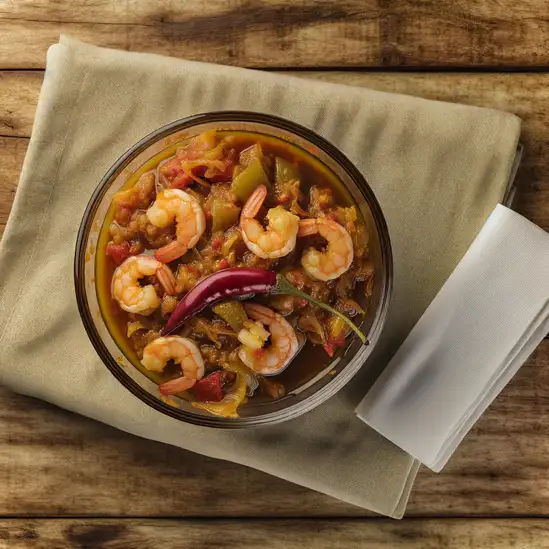
A spicy and tangy prawn pickle made with vinegar, spices, and sometimes tomatoes, typically served as a side dish.
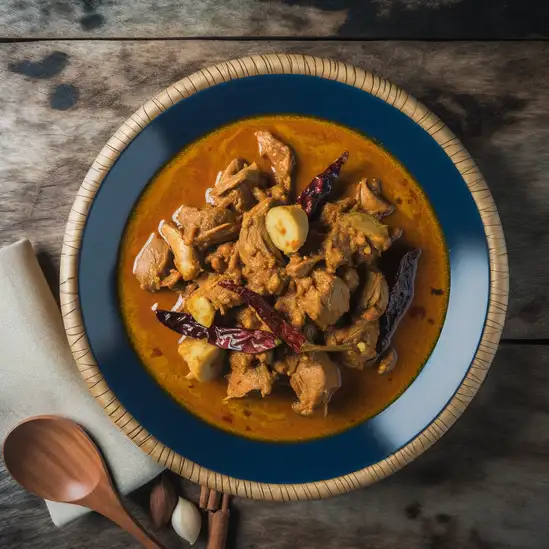
A rich and aromatic curry made with chicken or lamb, cooked with roasted spices and coconut, known for its complex flavors.
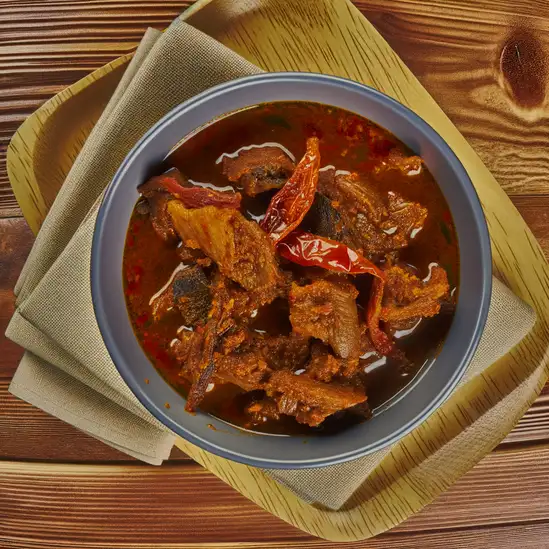
A spicy and tangy dish made with marinated meat (usually pork) cooked in a vinegar-based sauce, originating from Portuguese influence.
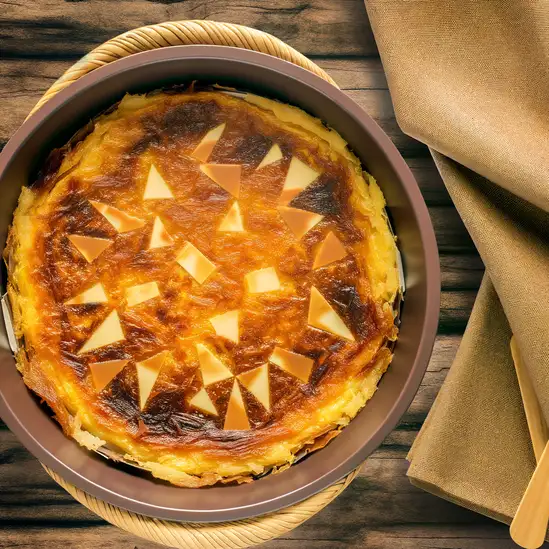
A traditional Goan dessert made of layers of coconut milk, sugar, and eggs, baked to perfection, often enjoyed during festivals.
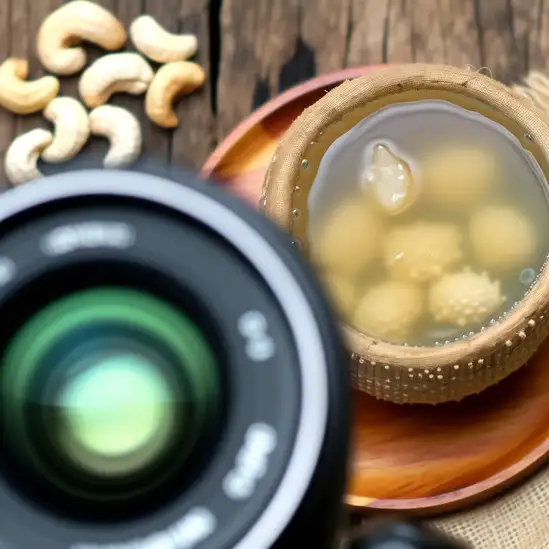
A local alcoholic beverage made from cashew apples or coconut sap, known for its distinct flavor and potency.

A spicy and tangy pork dish cooked with vinegar and spices, often served with sannas or rice, reflecting Portuguese culinary influence.

Soft and fluffy steamed rice cakes, often slightly sweetened and made with coconut, typically served with curries.

A tangy and spicy curry made with fresh fish, coconut milk, and a blend of Goan spices, often served with rice.
Imagine stepping into a city that pulses with energy,where every street corner hums with life and stories waiting to be discovered—that’s Mumbai for you. The moment you arrive,you’re wrapped in a vibrant tapestry of sounds:the rhythmic clatter of local trains,the lively chatter of street vendors,and the distant call of temple bells blending with honking rickshaws. The air carries a mix of spices from roadside stalls,mingling with the salty breeze from the Arabian Sea,creating an intoxicating scent that’s uniquely Mumbai.
Walking through its bustling lanes,you’ll see a kaleidoscope of colors—bright saris fluttering in the wind,intricate colonial architecture standing proudly beside sleek skyscrapers,and street art that tells tales of the city’s soul. Mumbai’s character is a beautiful contradiction:it’s fast-paced yet welcoming,chaotic yet deeply rooted in tradition. The city’s heartbeat is its people—dreamers,artists,and entrepreneurs who wear their resilience and warmth like a badge of honor.
And then there’s the food—oh,the food! From the tangy,spicy street-side vada pav that feels like a warm hug,to the rich,aromatic biryanis and fresh seafood by the sea,every bite is a celebration of flavors. Mumbai invites you to lose yourself in its maze of neighborhoods,each with its own rhythm and charm,promising moments of surprise and connection. It’s not just a place to visit; it’s a city that stays with you long after you’ve left.
Kochi,also known as Cochin,is a coastal city in Kerala known for its historical Fort Kochi,the nearby Vypin Island,and its rich blend of Portuguese,Dutch,and British colonial influences.
ExplorePondicherry,a former French colony,is known for its serene beaches,French Quarter,and the nearby Paradise Island,making it a unique blend of Indian and French cultures.
ExploreImagine stepping into a place where the ocean’s turquoise hues stretch endlessly,and the gentle hum of waves lapping against coral reefs becomes your daily soundtrack—that’s Lakshadweep for you. This cluster of islands feels like a serene escape from the world’s rush,where time slows down and the air carries a salty freshness mixed with the faint scent of coconut palms. Walking along the powdery white beaches,you’ll notice the vibrant marine life just beneath the surface,inviting you to dive in and explore a kaleidoscope of colorful fish and coral gardens.
What truly sets Lakshadweep apart is its intimate connection to the sea and the warm-hearted islanders who live in harmony with nature. The culture here is deeply rooted in simple,joyful traditions—imagine sharing freshly caught seafood grilled over open flames,flavored with local spices that tease your taste buds,while the sun dips below the horizon in a blaze of orange and pink. The islands’ laid-back vibe encourages you to slow down,breathe deeply,and savor moments of quiet beauty.
Beyond the beaches,the islands offer a glimpse into a unique way of life shaped by the ocean’s rhythms. You’ll find small villages where fishing boats bob gently in the harbor,and children’s laughter mingles with the calls of seabirds overhead. Lakshadweep isn’t just a destination; it’s a feeling—a peaceful,soulful retreat that stays with you long after you leave.
Alleppey,also known as Alappuzha,is renowned for its backwaters,houseboat cruises,and the nearby Pathiramanal Island,which is a haven for birdwatchers and nature enthusiasts.
ExploreIf you ever find yourself craving a place where the ocean breeze carries stories of adventure and the rhythm of waves sets your pace,Port Blair is where you want to be. This city feels like a gentle invitation to slow down and soak in the raw beauty of island life. The moment you step off the ferry or plane,the salty air mingled with the scent of tropical flowers wraps around you like a warm hug. Palm trees sway lazily against a backdrop of turquoise waters,and the chatter of locals blends with the distant call of seabirds,creating a soundtrack that’s both lively and soothing.
Port Blair isn’t just a gateway to the Andaman Islands; it’s a place where history whispers through the walls of the Cellular Jail,a somber yet inspiring reminder of India’s past. But beyond its historical weight,the city pulses with a laid-back charm—colorful markets burst with fresh seafood,exotic fruits,and spices that tease your senses. Grab a plate of freshly caught fish grilled with local herbs,and you’ll taste the ocean’s essence in every bite.
What makes Port Blair truly special is its blend of cultures and the warmth of its people. You’ll find a mix of indigenous traditions and influences from across India,all coexisting in a relaxed,welcoming vibe. Whether you’re wandering along Corbyn’s Cove Beach at sunset or chatting with fishermen mending their nets,there’s a genuine friendliness here that makes you feel like you belong. It’s a place that invites you to explore,reflect,and simply be.
Skimming devices may be installed on ATMs to steal card information from tourists withdrawing cash.
Some beach shacks inflate prices for food and drinks, especially if tourists do not check the menu beforehand.
Scammers sell fake tickets to popular events or parties, leaving tourists stranded at the venue entrance.
Tourists may be sold counterfeit or low-quality souvenirs at high prices, claiming they are authentic Goan handicrafts.
Unlicensed individuals pose as tour guides and charge tourists for subpar or misleading information about attractions.
Operators at beaches may overcharge tourists for jet ski rides or claim damages to the jet ski after the ride to extract additional money.
Tourists renting motorbikes may be accused of causing pre-existing damage to the vehicle and are forced to pay hefty repair charges.
Crowded areas like markets and festivals are hotspots for pickpocketing, targeting unsuspecting tourists.
In some bars or clubs, drinks may be spiked to rob tourists or coerce them into paying inflated bills.
Tourists are often charged exorbitant fares by taxi drivers who refuse to use meters and quote inflated prices, especially for airport transfers or popular tourist spots.
The use, possession, and trafficking of drugs are strictly illegal in Panaji and the rest of India. The penalties for drug-related offenses are severe and can include long prison sentences and heavy fines. Tourists should avoid any involvement with illegal drugs to prevent legal issues.
In Panaji, as in the rest of India, smoking is prohibited in public places such as restaurants, hotels, public transport, and parks. There are designated smoking areas where smoking is allowed. Violating these rules can result in fines. Tourists should look for 'No Smoking' signs and adhere to local regulations to avoid penalties.
Vaping is subject to similar regulations as smoking in Panaji. The sale, manufacture, and import of e-cigarettes are banned in India. Using e-cigarettes in public places is also prohibited. Tourists should be cautious and avoid vaping in public areas to comply with local laws.
What are other people saying about Panaji?
Recent Social posts about Panaji
There is nothing to show you for now.